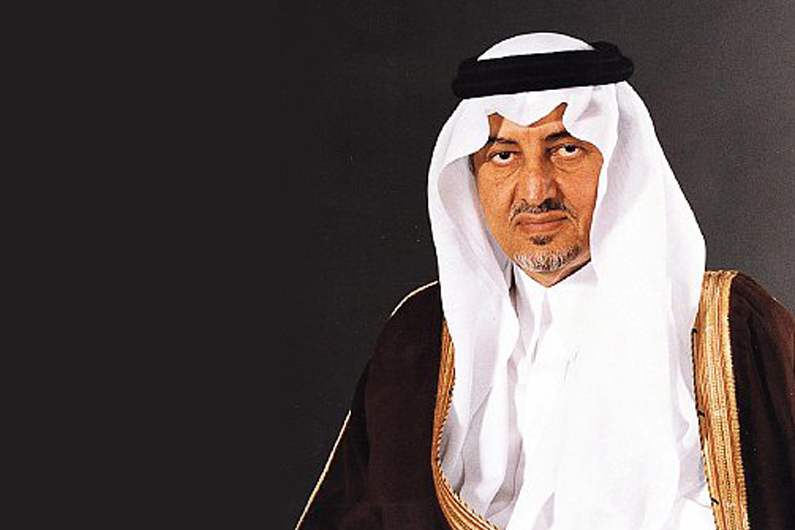
KACST, TAQNIYA to set up solar plant in Taif
Makkah Gov. Prince Khaled Al-Faisal signed a memorandum of understanding (MoU) with the King Abdul Aziz City for Science and Technology (KACST) for the establishment of a solar plant to produce solar panels at the Souk Okaz site in Taif.
The accord, signed early this week, was inked by the governor, Prince Turki bin Saud bin Mohammed, chairman of KACST, and Saudi Technology Development and Investment Company (TAQNIA) CEO Abdullah bin Ali Al-Ayed. TAQNIA is a subsidiary the Public Investment Company.
The MOU aims to take advantage of renewable energy sources in the New Taif area, and the development of technology industries and infrastructure in the Makkah region, which will contribute to providing more job opportunities for citizens of the region and increase the well-being of its increasing population.
It is expected to increase the power plant’s capacity to five megawatts in the New Taif area, while the production from solar panels in the factory’s capacity will be 550 MW.
KACST Chairman Prince Al-Saud said the new facility will enable Makkah Governorate to run several more factories and industries in the region with the added solar power.
Al-Ayed said that TAQNIYA will oversee the maintenance of the solar power plant, and will also operate the plant throughout the project.
TAQNIA was established by Royal Resolution No. (M/ 47) dated 20/7/1432 Hijra, based on the Council of Ministers Resolution No. (217) dated 18/7/1432 Hijra, 21 June 2011.
TAQNIA’s objectives include technology transfer, commercializing technology, supporting sustainable growth of the GDP, diversifying the economy, and creating high-quality jobs.
Its vision is to drive accelerated diversification of the Kingdom’s economy through knowledge-based industries, thereby creating value-adding jobs, and to help create an innovative ecosystem in the Kingdom.”
“TAQNIA will achieve its vision by investing in local and global technologies, and actively engage in the development and growth of these technologies into economically sustainable enterprises.”
It seeks to carry out its role by bridging the commercialization gap that is currently hindering the transformation of industrial activities into knowledge-based activities, and the transformation of R&D activities into economic enterprises.
The goals and guidelines of the National Knowledge Economy Plan (Marifa) and the National Industrial Strategy are key inputs for TAQNIA’s strategic objectives.



























